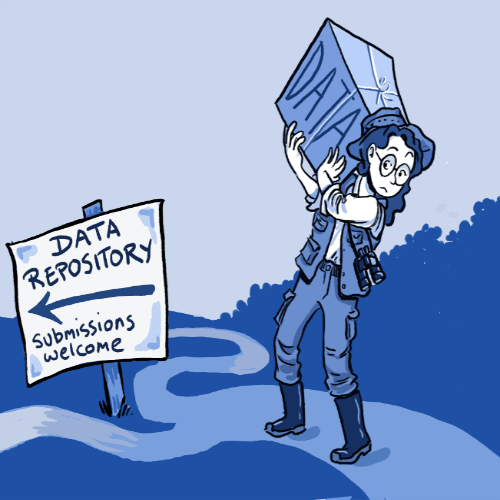Last week, I had a chance to speak with colleague Mike Delgado regarding the changing world of data and data management. I recently managed a global research project for Experian Data Quality where we asked 1,400 people from eight countries about their data usage and data management practices. The results were a story of evolution and rapid change.
Businesses across the board are looking to do more with data. They want to use it first and foremost to woo their customers and entice them with relevant products and services. In today’s world, customer understanding is the new currency and without a personalized experience, customers will find their way to the competition.
The problem? Lack of trust in data. Gaining customer insight from data isn’t about all data assets being perfect all the time. It is about the data being trust worthy and accurate enough for businesses to make sound decisions. We saw that on average, companies thought a quarter of their information was inaccurate! I personally think that number is a bit high, but it does show that there is a severe lack of data trust throughout businesses.
This lack of trust stems primarily from a lack of internal resources. Organizations grossly under staff data specialists and most lack strong central governance around information. This leads to a lack of information accessibility, few consistent data standards and reactive strategies that lead to fixes in information after it causes a problem, rather than proactive understanding and corrections. Today, most organizations have a low level of data management maturity.
The good news is that this is starting to change. Ninety-two percent of organizations have data management projects planned in the next 12 months and 82 percent are hiring data-centric roles as part of their data management strategy. Organizations are working to improve data cleansing and data integration, while also looking to hire data analysts, data scientists and chief data officers.
With new leadership in place and projects kicking-off, organizations are starting to put themselves on the right track to data success. However, it will take time to achieve trusted data resources that business users can access to do their jobs. It takes a fundamental shift in how we look at data and manage information over time. Organizations are starting that journey, but they need consistent organization-wide processes, strong technology partners and a robust data management team to make data a valued asset within the business.




